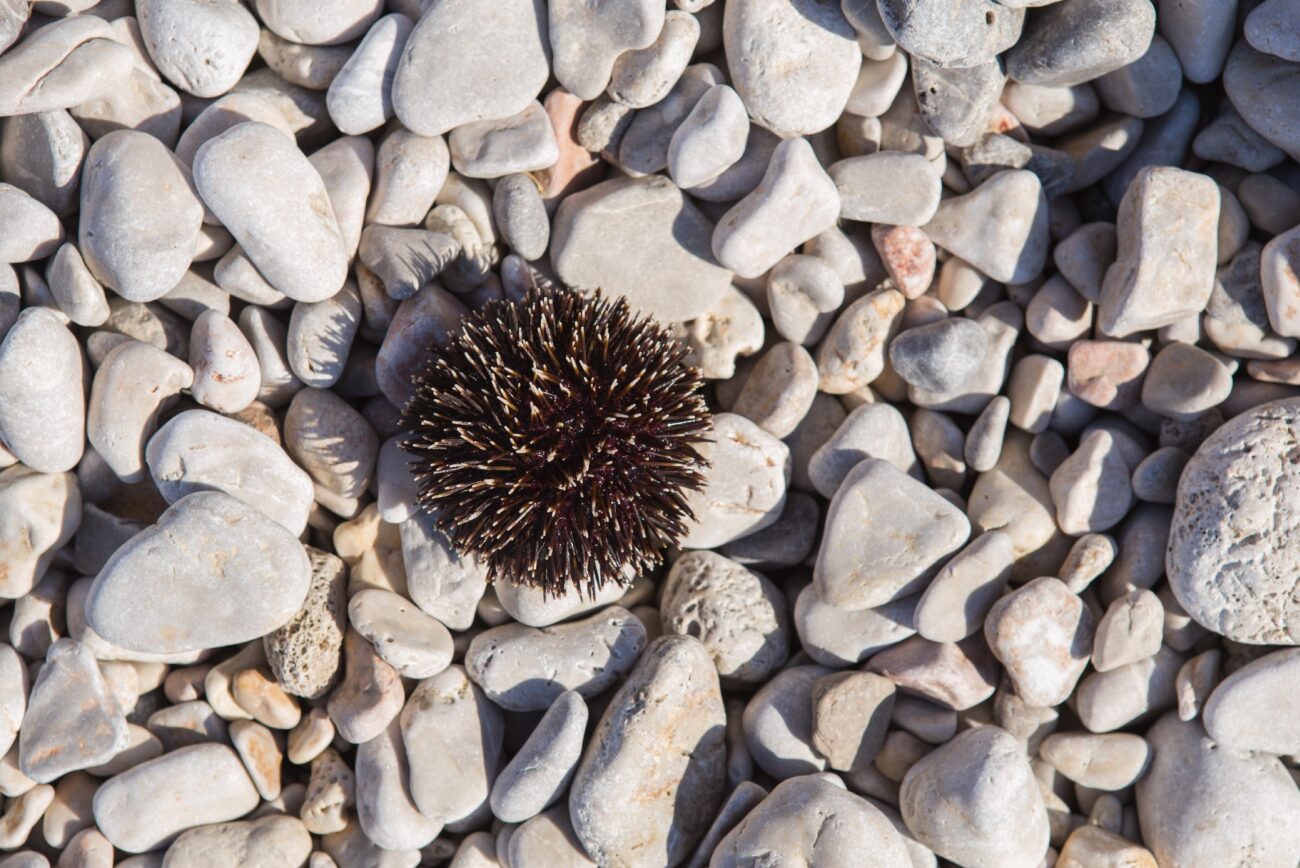Massive deaths of sea urchins in the Caribbean alarm experts
The mysterious mass deaths of sea urchins in the Caribbean could cause the frail coral reefs to eventually die, which are vital not only in preserving the marine biodiversity in the region but to also protect the islands from the onslaught of hurricanes.
Recently, experts in the Caribbean have observed a spike in the number of cases on sea urchin deaths. Since February, oceans have been littered with sea urchin spines, sea urchins have been found to float in the water, some have droopy spines, while others have skeletons poking through their bodies.
And they are just not dying in huge numbers, they’re dying at pace “scientists say could rival a mass die-off that last occurred in 1983,” according to an article by the Associated Press.
The sea urchin deaths has left scientists completely baffled and government officials worried, as reports come in from islands including Antigua, St. Lucia, Dominica, Jamaica, St. Vincent, Saba and the U.S. Virgin Islands as well as Cozumel in Mexico.
“It’s very concerning, particularly because it’s happening so quickly,” said Patricia Kramer, a marine biologist and program director of the Atlantic and Gulf Rapid Reef Assessment.
The Atlantic and Gulf Rapid Reef Assessment is a scientific collaboration to help improve reef conditions in the Caribbean. Recently, it has created a network to “investigate the deaths, analyze tissue samples and find solutions.”
Sea urchins dying have alarmed scientists because they help coral reefs flourish healthily by eating the macro algae that attaches on the reefs, enabling baby corals to grow.
“They’re kind of the unsung heroes of the reefs because they do so many good things,” Kramer said.
At first, it was only the black sea urchins, or the Diadema antillarum, that were observed be dying but two other species have since been affected—including the rock boring sea urchin and the West Indian sea egg.
Macro algae, while a good source of food to some species, impedes the growth of coral reefs. They have also become more abundant because of the overfishing across the Caribbean, said Shamal Connell, an officer with St. Vincent and the Grenadines’ Fisheries Service



